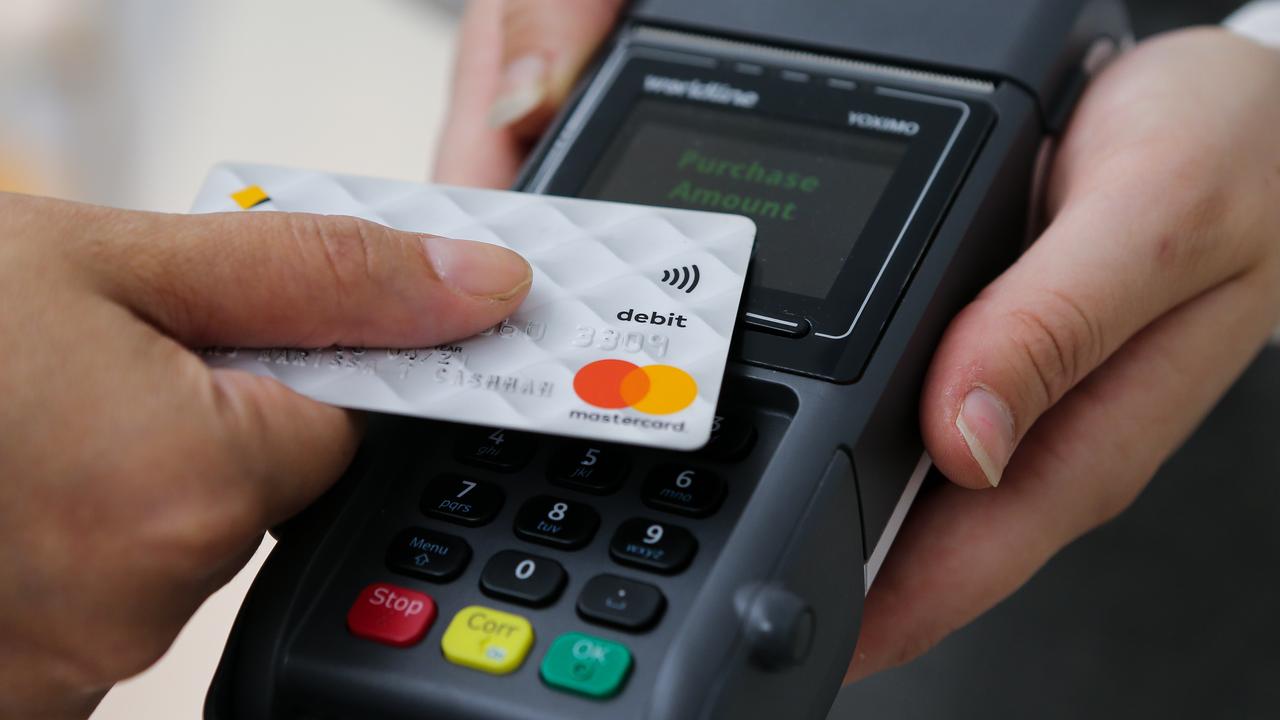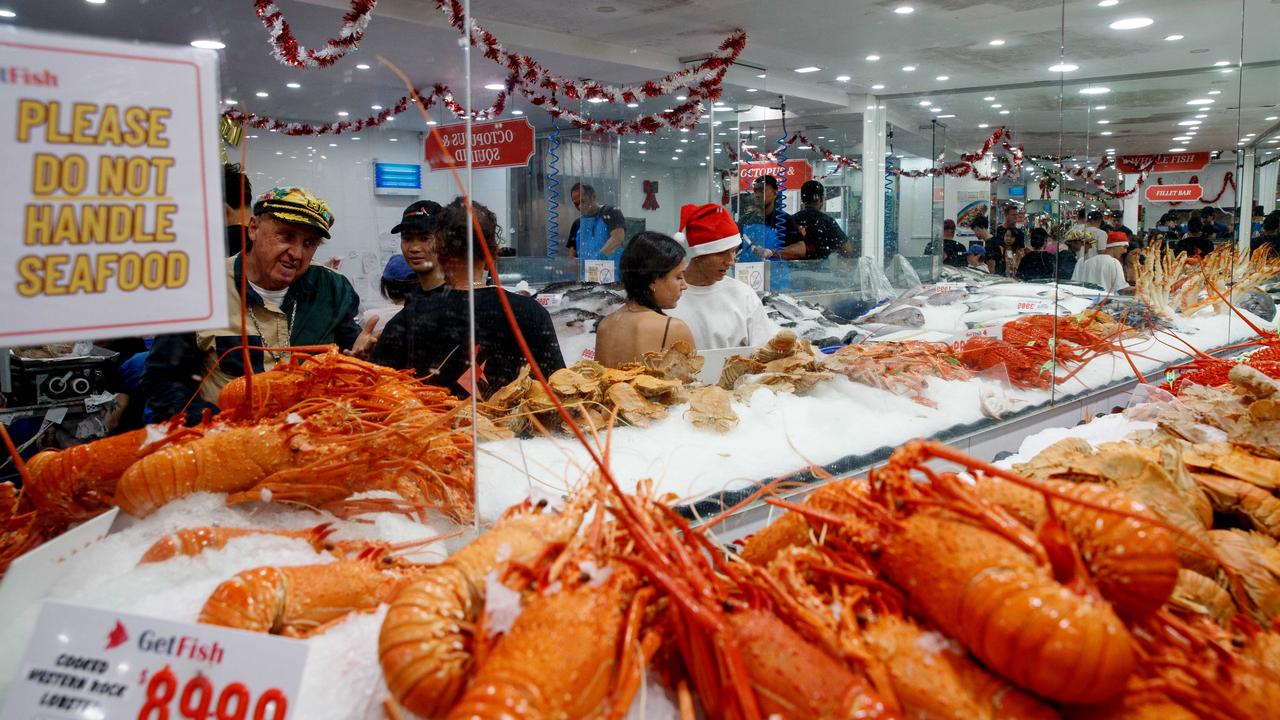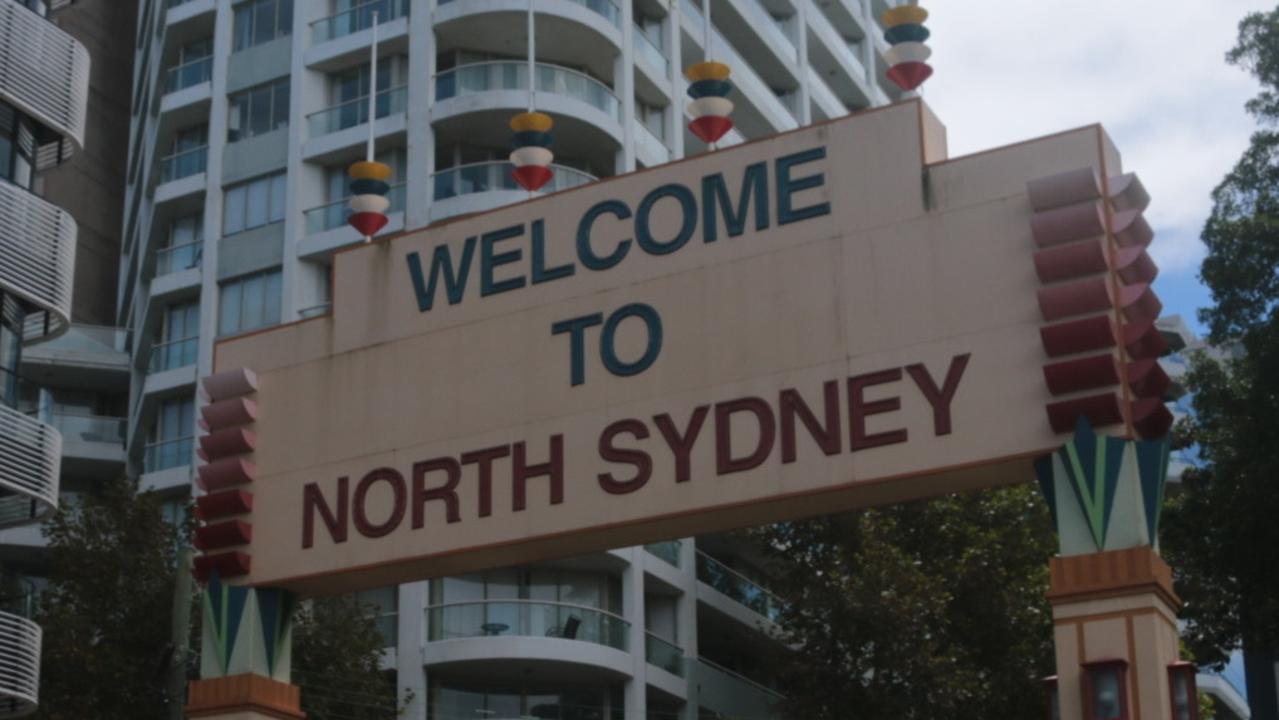Why JB Hi-Fi is headed for disaster
THEY say it in the ads: JB Hi-Fi is smashing prices. What they don’t mention is that the low prices often smash them back.
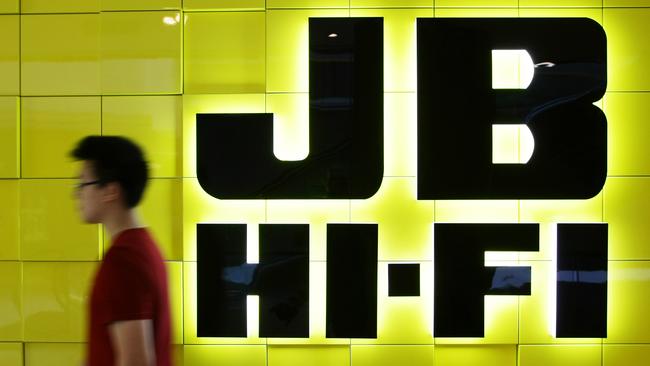
JB Hi-Fi needed to buy the Good Guys because its old business — music and electronics — is fading away. But it could be landing in another disaster.
They say it in the ads: JB Hi-Fi is smashing prices. What they don’t mention is that the low prices often smash them back.
First it was in music. That was a giant money maker for JB until the market shifted underneath them. No matter how many times they stuck a new, cheaper price-sticker on their CDs, they couldn’t sell them.
JB needed to change and it did.
JB HI-FI REFUSES PENALTY RATE CUTS TO EXISTING WORKERS
The business got more and more into electronics — TVs, digital cameras, computers. But that business changed too. Prices just kept falling and falling until it became quite hard to make profit.
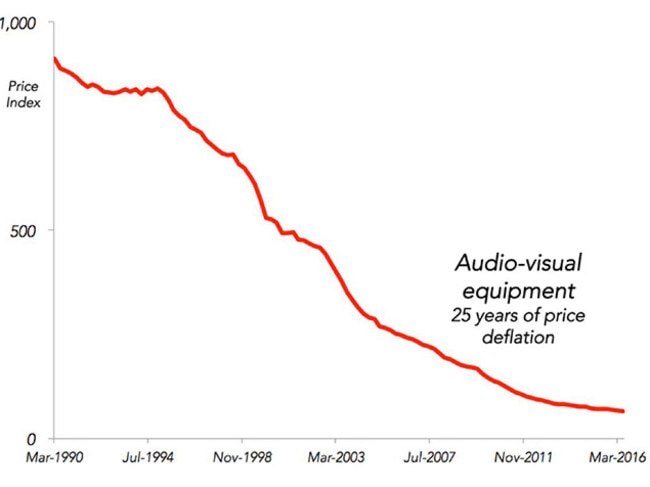
Instead of buying a laptop these days, many people buy a tablet. The cheapest one at JB costs $99 — less than the average young person might spend on one month’s phone bill.
But JB is a talented retailer. It knew what it had to do. It introduced small appliances into JB stores, and at the same time, started opening JB HOME stores that sell large appliances. It makes sense, Aussies spend a lot more on appliances like kettles and ovens than TVs, as this next graph shows.
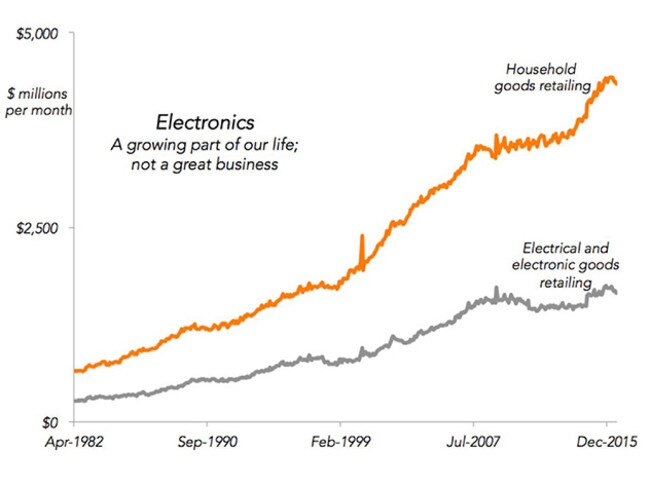
Household appliances sales are growing recently. Of course, they also haven’t seen any inflation in the last 25 years, but at least they are not falling. Not yet.
GOOD GUYS FINISH LAST
JB has doubled down on its appliance strategy by buying appliance retailer the Good Guys. Some people are worried about the market power of the combined entity meaning prices go up. But the ACCC isn’t worried. And neither am I.
The risk is not prices rising. The risk is JB might have ended up in yet another market that is about to fall apart.
Appliances are still priced fairly high — you can pay well over $3000 for a fridge. But the market for appliances could be facing a triple bubble.
1. China.
China’s population keeps getting richer and more savvy. They have over a million millionaires and a huge middle-class now of hundreds of millions. Their demand for quality items is only increasing.
They might be able to do to whitegoods what they already did to clothing and electronics — make them very, very cheap.
The growing middle-class is making a massive difference to China’s appliance makers. Brands like Haier and Hisense. As they start to make millions upon millions of fridges and washing machines of genuinely high quality, the market for appliances is going to change dramatically.
The price of a large appliance could easily follow the price of small appliances down. You can already buy a toaster that costs less than a (fancy) loaf of bread, and a blender that costs less than a large smoothie. That same process could end up applying to ovens, fridges and clothes dryers.
Australia’s last fridge factory closed down just this year. If other product categories are any guide, Chinese whitegoods are going to be a massive part of our future.
2. Smart goods.
The top end of the market for appliances is full of silicon chips. The manufacturers like to believe that in the future we will all want fully integrated internet-enabled homes.
But the more time goes by, the more that seems like wishful thinking on their part. Remember when Google paid $3 billion for Nest — a company that made an internet-enabled thermostat?
That was a disaster (surprise, surprise) and the more we hear about the whole smart home concept the dumber it seems.
My light switch is currently downloading a software update from the Internet so I can't turn my lights off. What. A. Time. To. Be. Alive.
— TSD (@TweetsByTSD) October 17, 2015
The practical aspects are probably enough to put anyone off but when you take into account the chance of hackers, the chances anyone will want an e-oven or an iHeater surely shrink to zero.
If people just want dumb goods, keeping prices up is going to be hard.
3. Housing.
Everyone agrees the market for appliances goes hand in hand with the market for housing. People buy a nice new fridge when they move into a nice new place. If Australia’s housing market starts coming apart at the seams — like many people think it will — appliances is going to be the worst business to be in.
JB Hi- Fi is famous for saying it is smashing prices. But it just keeps landing in markets where prices smash them. JB is obviously more capable at retail than Dick Smith. But if it doesn’t keep adapting fast it may end up with the same fate.
Jason Murphy is an economist. He publishes the blog Thomas The Thinkengine. Follow Jason on Twitter @Jasemurphy


